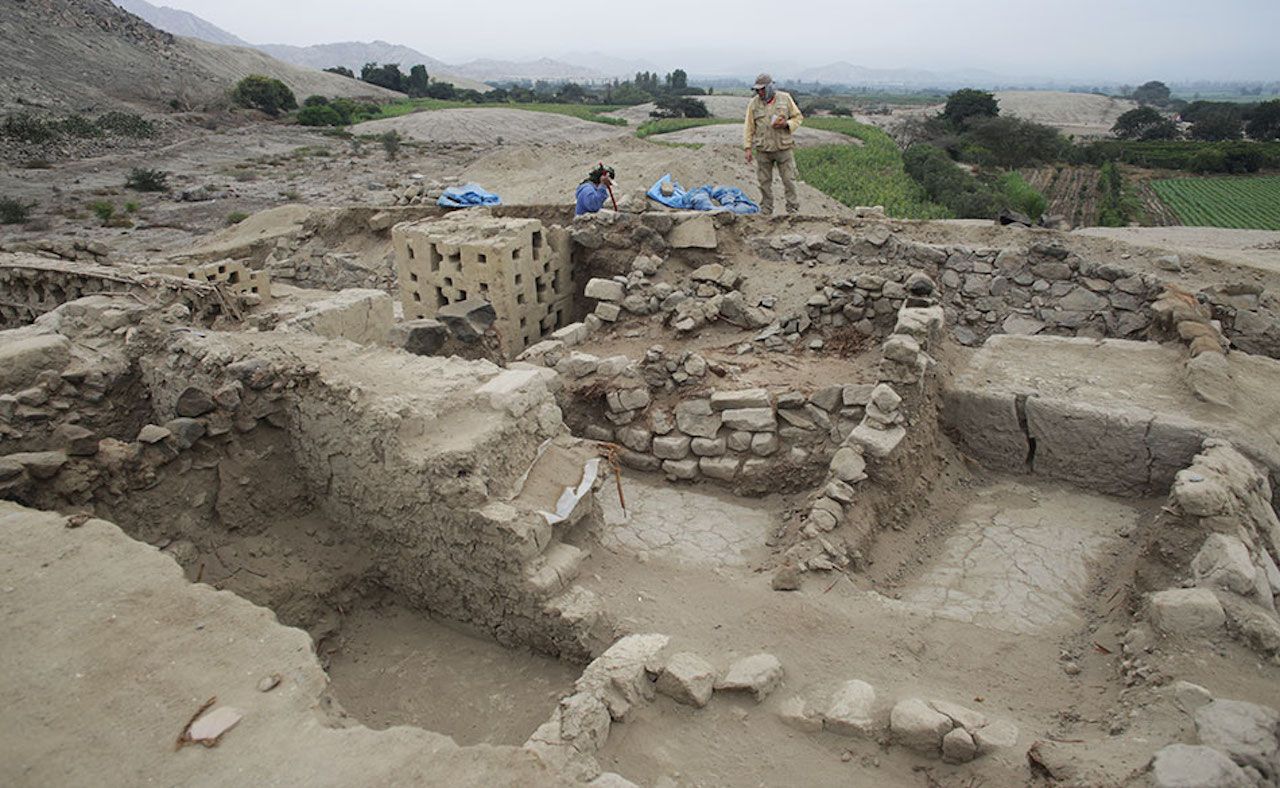
Unveiling the Past: How Particle Physics Revolutionizes Archaeology
With a passion for uncovering historical mysteries, I delve into the groundbreaking fusion of archaeology and particle physics in Naples, Italy. Beneath the bustling city lies a hidden world waiting to be unveiled.
The Ancient Greeks’ Legacy
In the heart of Naples, archaeologist Raffaella Bosso guides us through ancient burial chambers left by the Ancient Greeks. Among the relics, a stone-relief tombstone reveals the intimate resting place of a man and a woman, a rare find shedding light on past lives.
 Archaeological dig
Archaeological dig
“There are two people, a man and a woman in this one tomb,” Bosso shares. “Normally you can find eight or even more.”
A Technological Leap
Traditionally, archaeologists used shovels to unearth history. Now, they partner with physicists like Valeri Tioukov, employing subatomic particle detectors to peer through layers of rock without disturbing the surface.
 Particle physics
Particle physics
In Tioukov’s lab at the University of Naples, muon detectors track cosmic rays, unveiling hidden chambers without physical intervention. This innovative approach marks a new chapter in archaeological exploration.
Beyond Naples: A Glimpse into the Future
The application of particle physics extends beyond Naples. From exploring Egyptian pyramids to aiding cancer treatment, this technology offers unprecedented insights into inaccessible realms.
Professor Giovanni De Lellis emphasizes, “Especially cancers which are deep inside the body. This technology is being used to measure possible damage to healthy tissue surrounding the cancer.” The potential breakthroughs are limitless.
Embracing a New Era
As we witness the marriage of ancient history and cutting-edge science, the possibilities seem endless. The era of using particle physics to unravel the mysteries of the past has dawned, promising a future where the secrets of civilizations long gone are brought to light.
Stay tuned for more on this fascinating intersection of archaeology and particle physics.
Tech news from around the globe, 24/7.
By Kai Chen















